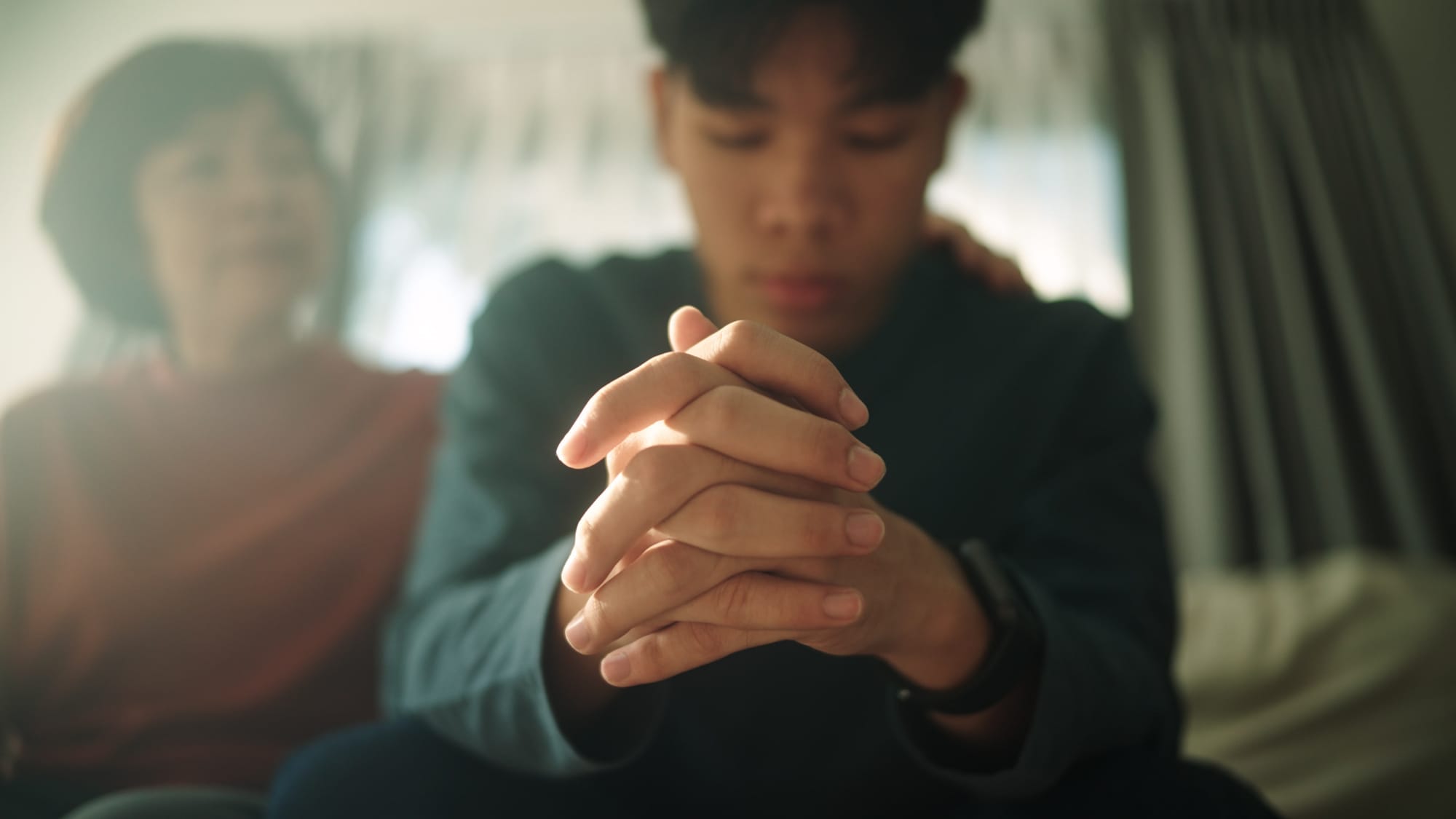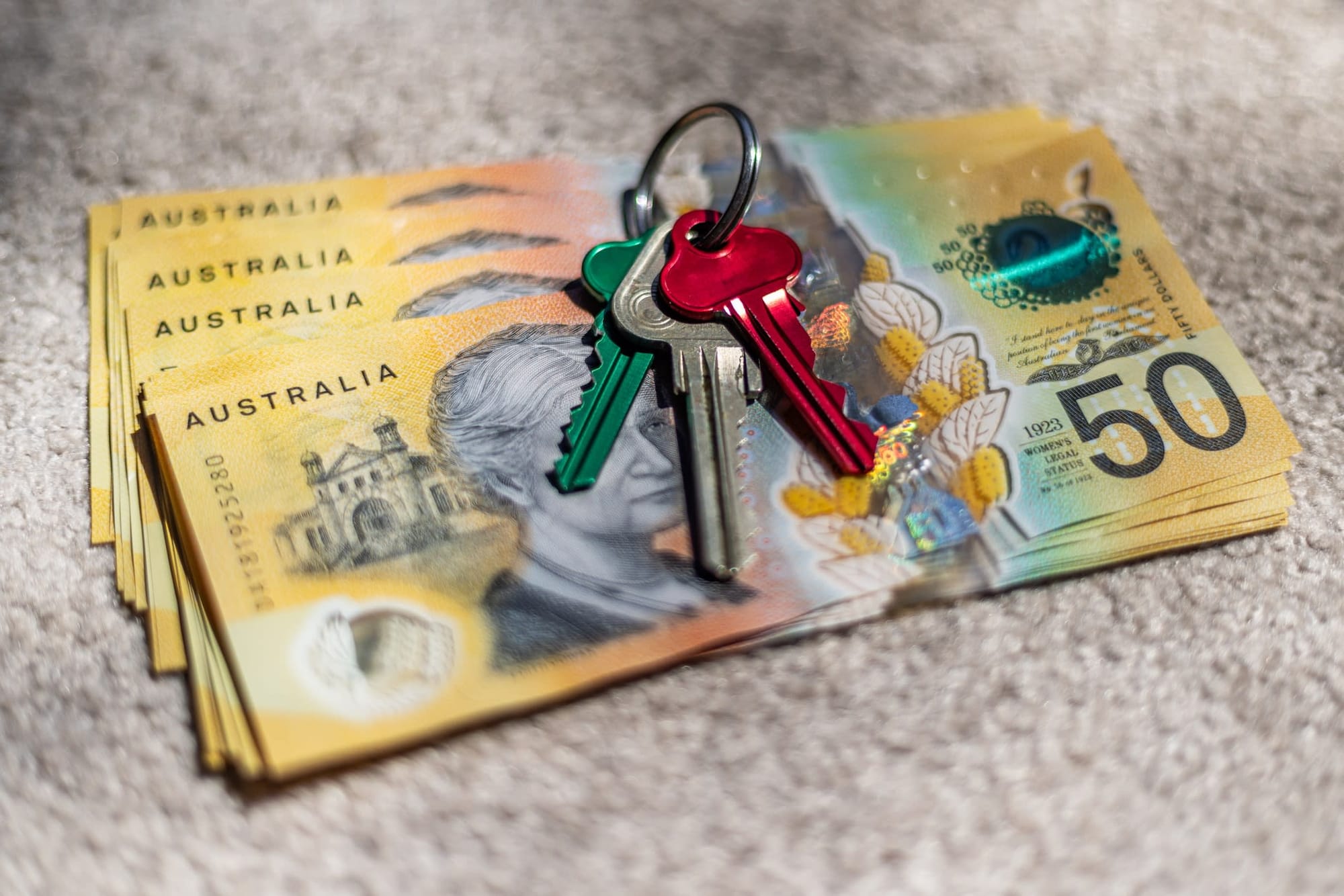
Being young today isn’t what it used to be. In the face of existential threats of cost-of-living pressures, housing affordability and the unfolding climate crisis, being young means navigating changing goal-posts in education and employment, and experiencing anxiety, mental ill-health and entrenched pessimism about the future.
Our latest nationally representative survey of 527 young Australians and interviews with 30 more aged 18 to 24, the 2025 Australian Youth Barometer, gauges the pressures experienced by young Australians across interconnected dimensions of their lives, including the economy, work, education, wellbeing, relationships with family, friends and partners, the impact of social media and their civic participation in society.
This new data paints a confronting picture of financial strain and eroding confidence in the future – 85% report experiencing financial difficulties in the past year, with more than a quarter saying this happens often or very often. Almost four in five believe they’ll be worse off than their parents – a striking reversal of long-held expectations about intergenerational progress.
Well-founded doubts on housing
Housing sits both figuratively and literally at the foundation of these anxieties. Fewer than half of young Australians believe they’ll ever purchase a home. Their doubts are well-founded – house prices relative to income are at record highs, and interest rate rises have compounded already tight rental markets.
For many, saving is impossible. As one 21-year-old woman from New South Wales put it: “I rent, and that takes the majority of my pay ... I can’t save even a dollar.”
The labour market provides little reassurance. In the past year, 44% of young people experienced unemployment and 60% underemployment. While unemployment overall remains low, young people are disproportionately affected by insecure work and competitive entry-level positions. As one 18-year-old Victorian said:
“I’ve applied to a lot and gotten very few responses back. I would take anything that will accept me.”
Education, often seen as the pathway to security, offers mixed returns. Just over half of young Australians feel their studies have prepared them for the future. Rising costs and stagnant graduate wages fuel doubts about the value of higher education.
Many supplement formal learning with online courses and AI tools, reflecting both adaptability and a lack of faith in traditional pathways.
The pressures perhaps explain why one in four young people rate their mental health as poor or very poor, while almost one in five have experienced food insecurity.

Youth priorities are clear
These are not isolated challenges, but interconnected stresses that diminish confidence in the future.
Young Australians are clear about what they want addressed. Affordable housing (82%), youth employment (64%) and climate change (44%) are their top priorities.
Compared to previous years of the Youth Barometer, these figures have either remained stable or worsened. But with trust in politics low, many are rightly feeling poorly represented in decision-making.
An uncertain future
The picture that emerges is one of intergenerational inequity. Where previous generations could expect home ownership, stable employment and upward mobility, today’s young Australians face a far more uncertain landscape.
Addressing this requires more than incremental change. Housing policy must tackle affordability directly, labour market reforms must balance flexibility with security, and investment in mental health must match the scale of the crisis.
Young Australians aren’t pessimistic by choice. Their concerns reflect the polycrisis they face. If governments and institutions want to restore confidence in the future, more urgency is needed.
Young people have told us that they feel like they’re missing out on being young while they endure an insecure present and worrying future.





